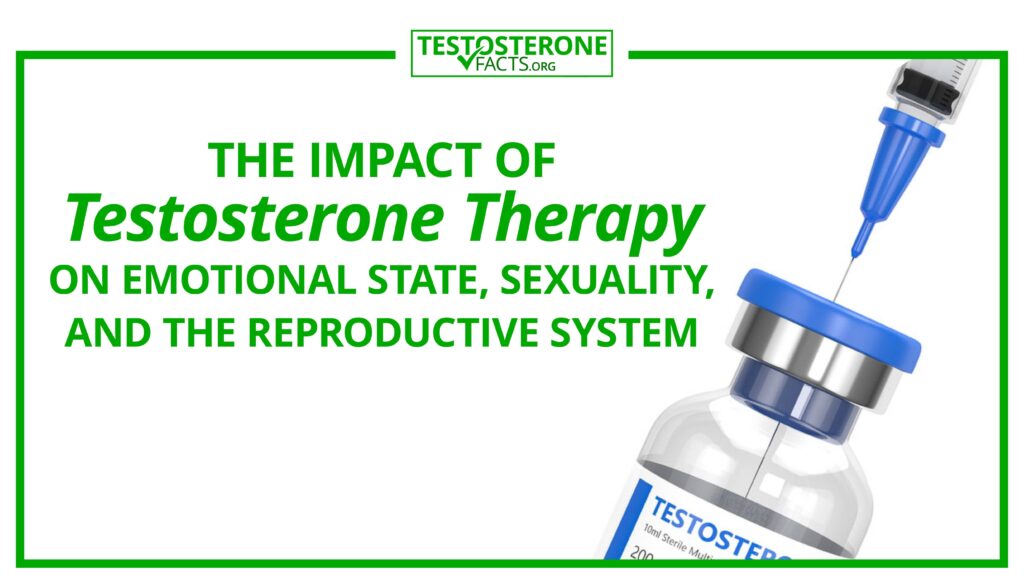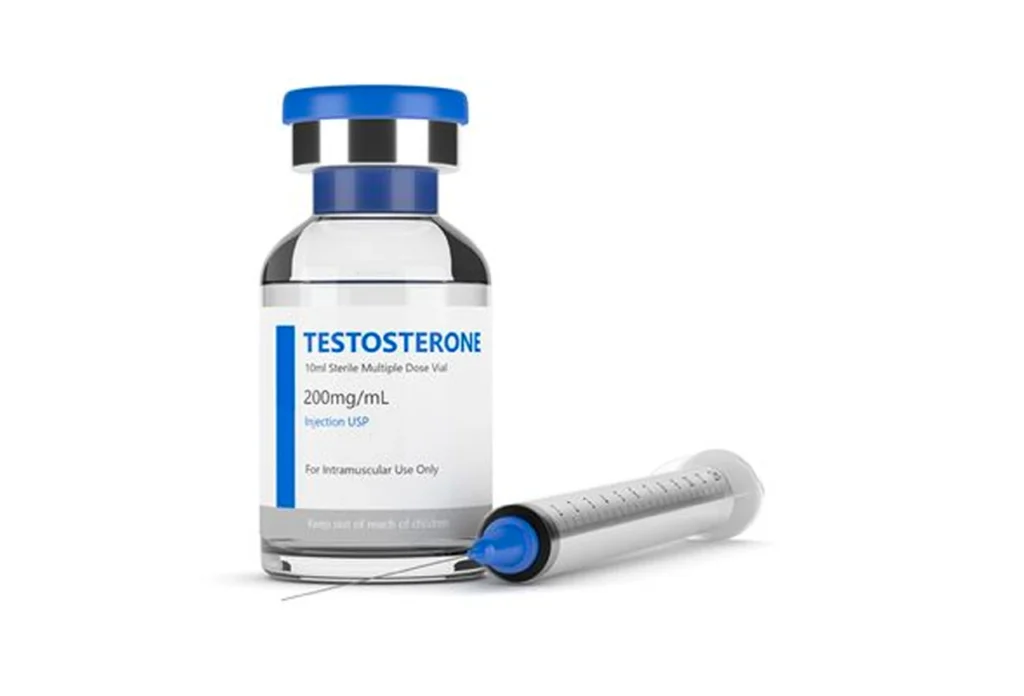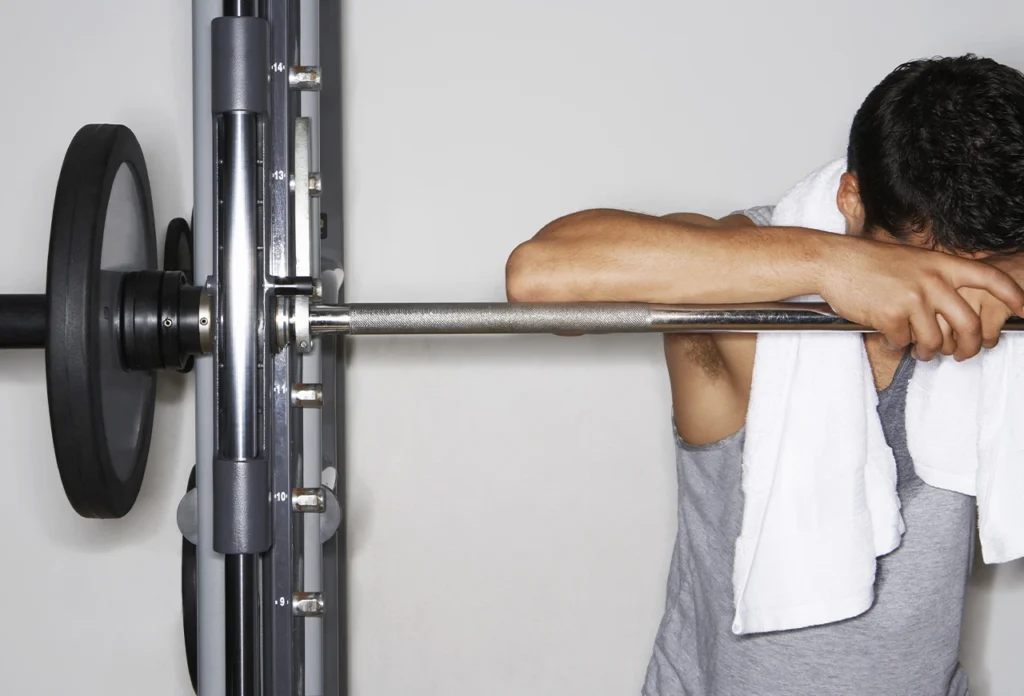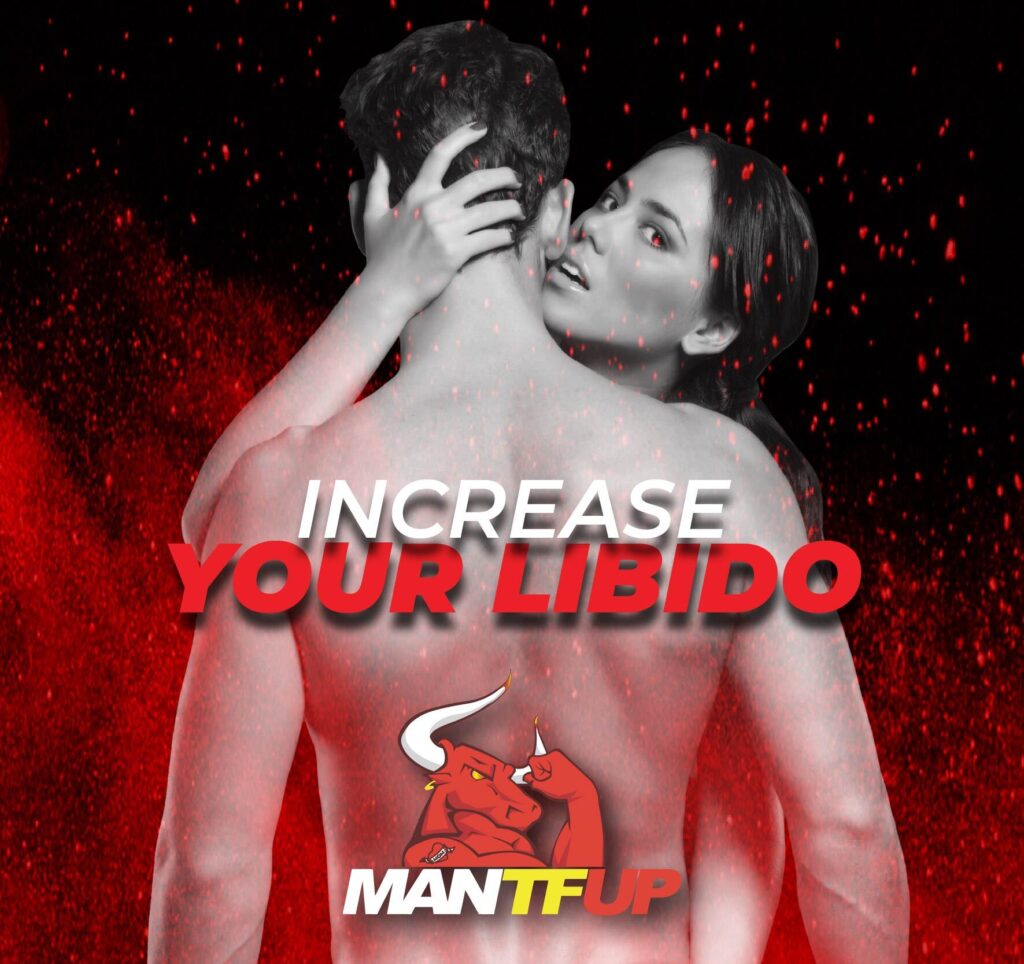
The Impact of Testosterone Therapy on Emotional State, Sexuality, and the Reproductive System
- TFacts Staff

The male testosterone hormone plays a vital role in the body as it helps in the growth and maintenance of several masculine characteristics like muscle mass, strength, and the development of body and facial hair. However, the testosterone hormone drops as men grow older, those affected seek solutions like testosterone therapy which can affect sexuality, emotional state, and the reproductive system.
Table of Contents
ToggleUnderstanding Testosterone
Testosterone is a hormone found in the human body. It is produced in the testicles of men and in the ovaries of women. Although, women’s ovaries produce a smaller amount. In men, Testosterone production increases during the puberty stage and starts to reduce after age 30.
Sperm production is one of the major roles of testosterone in the body. Besides that, it is responsible for the development of bone and muscle mass, how men’s bodies store fat, and the production of red blood cells. Testosterone also plays a huge role in affecting a man’s mood.
The healthy or ‘normal’ level of testosterone in the body varies depending on protein status, thyroid function, and other factors. According to a recent guideline from American Urological Association (AUA), it’s normal for men to have a testosterone level of at least 300 nanograms per deciliter (ng/dL). Anything lower than that is considered a low testosterone level. For women above 19, the average testosterone level ranges from 15 to 70 ng/dL.
Learn more about testosterone facts.

Testosterone Therapy
Testosterone Therapy or TRT (Testosterone Replacement Therapy) is a hormonal replacement procedure used to treat low testosterone levels or hypogonadism for symptoms like low libido, reduced energy levels, lack of desire for sexual activities, and depressed mood. The therapy works when it’s taken into the body’s androgen receptors by injections, orally, cream, gel, or skin in patches. The androgen receptors in the tissue help the body utilize hormones for several important functions.
While testosterone therapy isn’t a reliable option due to its several side effects, men with hypogonadism or low testosterone levels typically need testosterone replacement therapy. Hypogonadism occurs when the body fails to produce the ‘normal’ amount of testosterone. The condition is found in about 19% of men in their 60s, with an increase to 28% for men in their 70s and a decline to 49% for men in their 80s.
There are different methods of testosterone therapy, like Gel (Androgel & testim), injections (depo-testosterone), patches (androderm), and boosters. Gels are typically applied directly on the skin in areas such as the upper arm or shoulder. Injections are taken upon prescription by a medical practitioner and contain an active ingredient called testosterone cypionate. Patches are applied to the skin and work best when applied within the same time and left there for 24 hours. Boosters are supplements that help increase low testosterone levels and promote a healthier sexual life.
Check out our full review of the top 10 testosterone boosters.
Impact of Testosterone Therapy on Emotional State
While low testosterone levels have been associated with issues like mood swings, depression, and increased stress, long-term use of testosterone therapy can also result in mood-destabilizing effects. Scientifically, it’s largely due to the role of androgen.
A study conducted by collecting 70.3 million electronic health records from 45 healthcare companies, including satellite hospitals, flagship hospitals, and outpatient clinics since 2008 to ascertain whether or not testosterone therapy can affect emotional state by causing depression and suicidal attempts in a large population, the result showed it was associated with effects on emotional state. A total of 17,838,316 men who did not use testosterone and 263,579 men who did were analyzed.
The result showed that testosterone was considerably associated with depressive disorder and intentional self-harm or suicidal attempts.
Impact of Testosterone Therapy on Sexuality
Testosterone replacement therapy has been shown to improve sexual desire and performance. From a biological standpoint, research has shown that the androgen hormone in the neuroendocrine pathway regulating sexual urges plays a vital role in controlling sexual desire. It has also accounted for variations in sexual desire for men and women and individuals of the same gender.
Testosterone therapy is one of the several solutions to issues pertaining to sexual performance. It improves erectile function, which in turn increases the desire for sexual activities and better orgasms. It also brings better energy levels and muscle mass, which increases men’s stamina and eventually increases their strength to last for a longer duration during sex.
Testosterone therapy has also been shown to have certain effects on women’s sexual health. It’s often a prescribed treatment to improve sexual performance and function in postmenopausal women with low libido.
Impact of Testosterone Therapy on the Reproductive System
While testosterone therapy is considered a viable treatment for low testosterone (hypogonadism), it also has an adverse effect on the reproductive system of males and females.
For men, along with increased hematocrit, a significant effect of testosterone therapy is a reduction in sperm production due to the diminishing intra-testicular concentration of testosterone and suppression of the hypothalamic-pituitary-gonadal (HPG) axis. It also reduces the level of FSH (follicle-stimulating hormone), which is vital for stimulating sperm production.
Testosterone has been shown to play a vital role in women’s fertility. Women require only a small amount of testosterone — excess or too little can affect fertility. A recent study showed that testosterone therapy can help improve the development of follicles — a sac that holds and releases eggs during ovulation. Additionally, results from a different study showed that testosterone gel has a positive impact on the fertility rate of women with poor responses to IVF cycles. It improved the number and quality of oocytes, embryos, and, eventually, the fertility rate.
In many cases, the long-term effect of testosterone therapy for men is infertility, and it’s irreversible. However, men who received the treatment for only a short time have the chance to recover quickly.

Risks and Side Effects of Testosterone Therapy
While testosterone therapy might be a working solution to hypogonadism, it also comes with several side effects and potential risks. Some men may experience immediate side effects like acne, breast swelling or tenderness, disrupted breathing when sleeping, swollen ankles, or high red blood cell count leading to clotting.
There are also more extreme risks to the use of testosterone therapy. Men on long-term use are at a higher risk of developing cardiovascular issues like stroke, heart attacks, and possibly death from heart disease. It can also lead to enlarged prostate leading to trouble while urinating.
The best way to mitigate the potential risks and side effects is to speak to a doctor about them, who in turn will carry out proper tests before recommending testosterone therapy. Additionally, despite the benefits of TRT, it’s best to avoid long-term usage.
Conclusion
Testosterone therapy has been shown to increase men’s energy levels, quality of erection, and sexual drive.
There are claims it also helps in the increase of bone density, muscle mass for more masculine characteristics, and insulin sensitivity in a few men.
While claims of its results may be positive, we do not recommend going for it. There are several risks associated with its short and long-term use that appear to largely outweigh its benefits. Finding a perfect balance between the benefits and risks might be an option.
For instance, using it for only a short term. However, we’d recommend that you go for some of our best testosterone boosters — a natural and more cost-effective option offering results without side effects.




